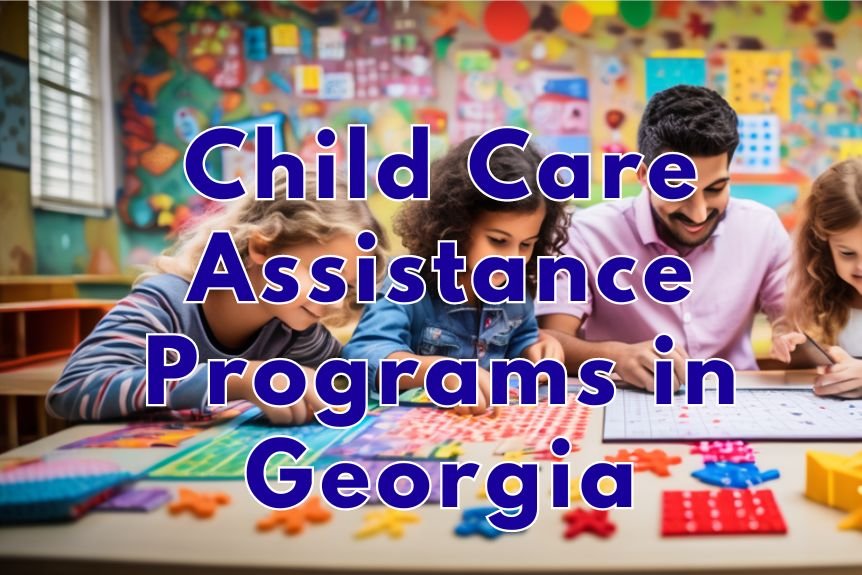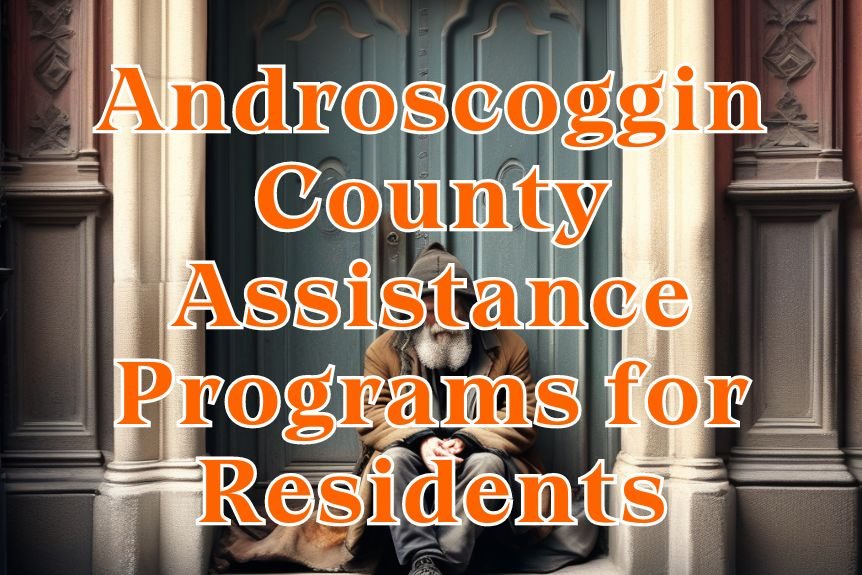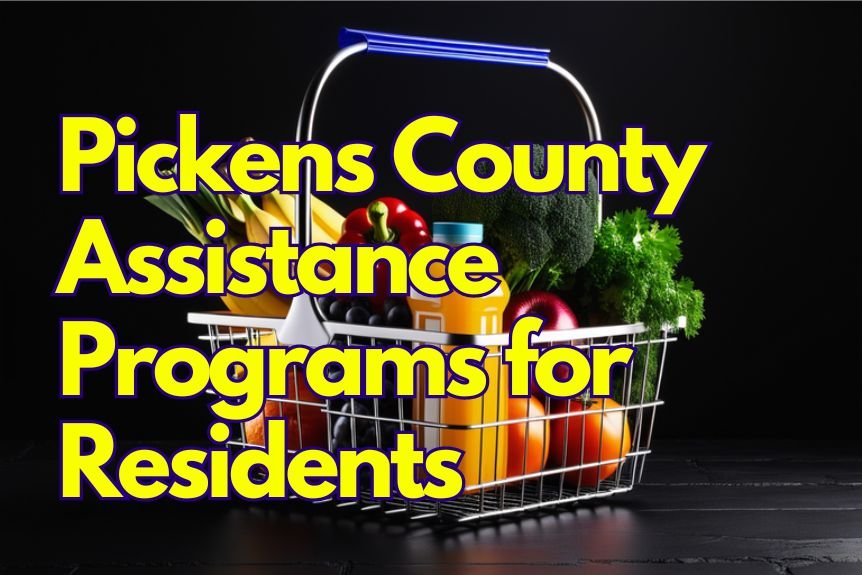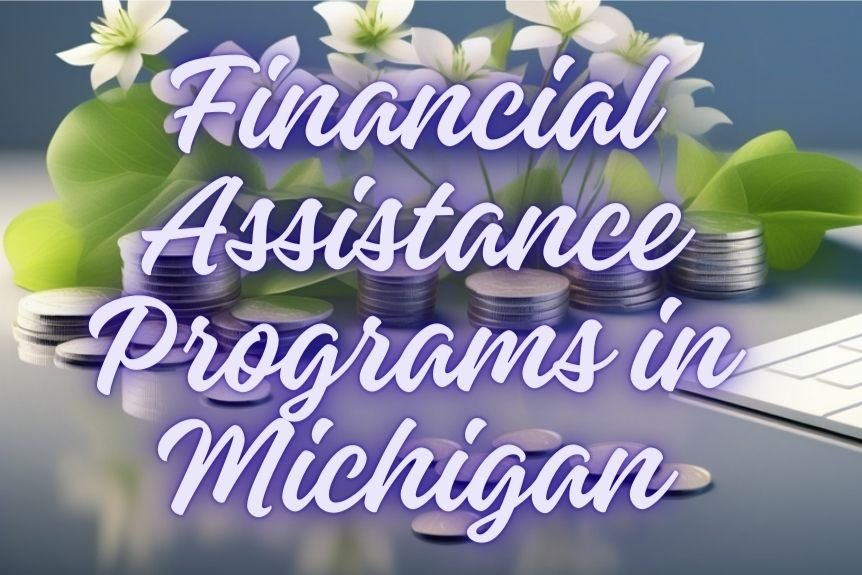If you’ve ever wondered how to navigate the complexities of accessing public assistance in Indiana, the Government Benefits Guide with FSSA is here to shed light on the available programs.
Imagine a single parent struggling to make ends meet while caring for their children—this guide could be a game-changer. By uncovering the intricacies of eligibility requirements and application processes, it offers a roadmap to potential support.
But what other crucial details does it unveil? Stay tuned to uncover the key insights that could make a difference in someone’s life.
Eligibility Requirements

To qualify for government benefits in Indiana through FSSA, you need to meet specific income and asset limits. When it comes to food assistance programs like the Supplemental Nutrition Assistance Program (SNAP), eligibility is determined based on your household size, income, and assets.
For SNAP, there are specific income thresholds that you must fall below to qualify for benefits. Asset limits also play a role in determining eligibility, although certain essential assets like your primary residence may be exempt.
Meeting these requirements is crucial to accessing the support you need. By understanding and adhering to these guidelines, you can ensure that you meet the necessary criteria to receive assistance through programs like SNAP in Indiana.
Food Assistance Programs
Exploring the various food assistance programs available through FSSA in Indiana can provide valuable support for individuals and families in need. When it comes to food assistance, SNAP is a crucial program that aims to enhance food security for low-income families. Here are some key points to consider:
- SNAP is the largest food assistance program in the U.S., serving about 40 million participants monthly.
- It helps low-income families purchase nutritious food to improve overall well-being.
- SNAP benefits are distributed through Electronic Benefits Transfer cards, ensuring convenient access to food purchases.
- The program’s goal is to raise the nutritional level of low-income households, promoting healthier lifestyles and reducing food insecurity.
Healthcare Coverage Options

If you or your family are in need of healthcare coverage in Indiana, there are various programs available through FSSA to provide assistance. Programs such as Healthy Indiana Plan, Hoosier Healthwise, Hoosier Care Connect, Traditional Medicaid, and the Medicare savings program offer different levels of coverage based on eligibility.
Applying for Indiana health coverage can be done online at www.dfrbenefits.in.gov, by phone, fax at 800-403-0864, or in person at a local Division of Family Resources office. Remember, eligibility renewal is usually required annually, and it’s crucial to report any changes in address, income, or resources promptly to avoid coverage interruptions.
Additionally, Indiana offers other programs like HoosierRx, MED Works, Medicaid for inmates, and Presumptive Eligibility for Pregnant Women to support healthcare needs.
Housing Support Services
FSSA provides housing support services to low-income individuals and families in Indiana, including rental assistance programs and housing vouchers. Here’s how these services can benefit you and your household members:
- Rental assistance programs offer financial aid to help you afford safe and stable housing.
- Housing vouchers and subsidies can make housing more affordable for you and your family.
- Homeless prevention services are available to support those at risk of losing their homes.
- Supportive housing programs aim to provide assistance and resources for individuals and families experiencing housing instability.
These services are vital in addressing housing challenges and promoting stability for vulnerable populations in Indiana.
Application Process

When seeking housing support services from FSSA in Indiana, the initial step involves completing the application process. To apply for SNAP (Food Stamps) or other public assistance programs, applicants must meet specific requirements and provide essential information.
You can submit your application online via the official FSSA website, ensuring you have details such as names, dates of birth, Social Security numbers, income specifics, and other relevant data on hand. Alternatively, applying by phone or fax through designated contacts is also an option. If preferred, in-person applications are accepted at local Division of Family Resources offices.
Remember to gather necessary documentation like proof of income, current benefits, financial resources, and information on existing health coverage to streamline the process.






